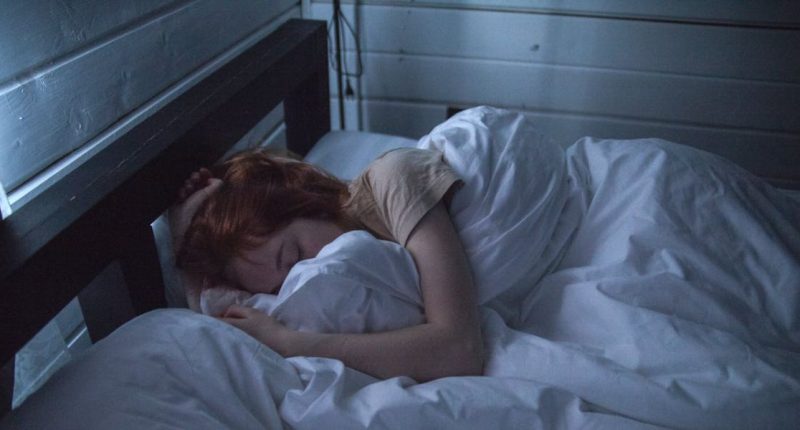Taking blood pressure medication at bedtime betters controls nocturnal blood pressure compared to morning dosing, a new study has revealed.
High blood pressure – hypertension – affects millions of people worldwide.
Nighttime blood pressure is more difficult to manage and provides a better indication of the risk of heart attack and stroke than readings taken during the day.
- Postpartum screening low among women affected by gestational diabetes or hypertension
- Arm position can overestimate blood pressure and lead to misdiagnosis
The optimal timings for taking antihypertensive medication have been the subject of previous studies, with conflicting results.
In a new study, researchers from Sichuan University in China compared bedtime and morning dosing and the effect on reducing nighttime blood pressure and improving circadian rhythm control.
The trial involved 720 adults in China who either had never received antihypertensive treatment or had stopped treatment for at least two weeks.
They were split into two groups, with one taking the antihypertensive medication between 6am and 10am and the other between 6pm and 10pm.
All patients received olmesartan (20 mg) and amlodipine (5 mg), with adjustments made where necessary every four weeks.
At 12 weeks, the biggest reduction in nighttime systolic and diastolic blood pressure was seen in the group which took their medication in the evening.
- High blood pressure can trigger kidney alterations
- Reducing blood pressure can combat heart disease among people with type 2 diabetes
The study authors concluded: “In this randomised clinical trial of antihypertensive chronotherapy, bedtime dosing provided better control of nocturnal blood pressure and improved the circadian rhythm, without reducing the efficacy on mean daytime or 24-hour blood pressure, or increasing the risk of nocturnal hypotension.
“These findings support the potential advantages of bedtime administration and offer new evidence to guide future research on antihypertensive chronotherapy.”
Read more in JAMA Network Open.







